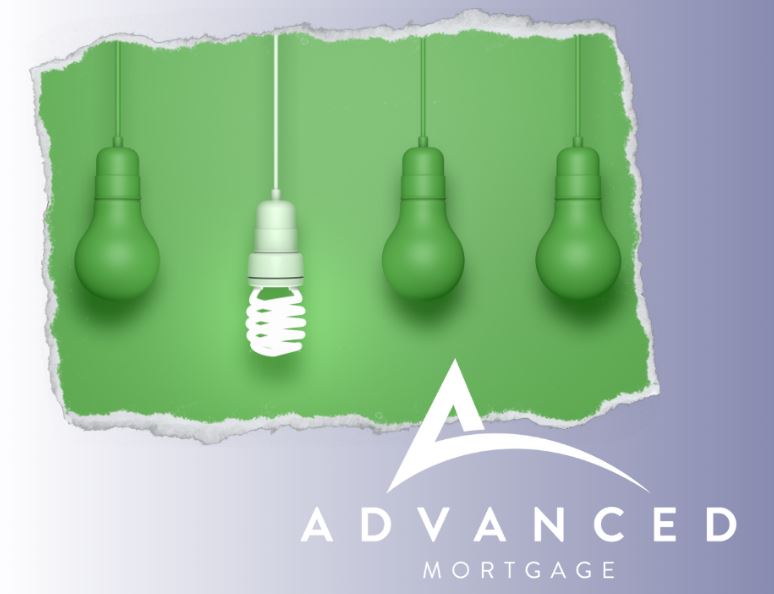
How the recent federal government’s announcements might impact you
The federal government made several announcements claiming it will improve access to the housing market for first-time buyers.
The announcements include:
- Increasing the maximum amortization period to 30 years from 25 for first-time buyers purchasing a new-build property with a down payment of less than 20%, otherwise known as a default-insured mortgage. This change will take effect August 1 of this year, although the government hasn’t specified if this applies to the date of the mortgage application or the funding date.
- Increasing the Home Buyers’ Plan limit to $60,000 from $35,000. This federal program allows first-time homebuyers to withdraw funds from their Registered Retirement Savings Plan (RRSP) tax-free as long as they are used towards the purchase of their first home and are repaid within the subsequent 15 years. This change will take effect April 16, 2024, the day of the federal budget.
- First-time homebuyers who withdraw from their Home Buyers’ Plan between January 1, 2022 and December 31, 2025 will see their repayment grace period extended by three years. These buyers will now have a grace period of up to five years before they are required to start making repayments. Under the current rules of the Home Buyers’ Plan, first-time homebuyers are required to start repaying the withdrawn amount back into their RRSPs within two years after the end of the year in which they withdrew the funds. However, the proposed change extends this repayment grace period by an additional three years.
- Changes to the Canadian Mortgage Charter that allow for permanent amortization relief for qualifying existing homeowners. While there are few details about this change, the government says this relief will be made available to “at-risk” existing homeowners who meet specific eligibility criteria. You can read the full release from the federal government here.
While there are some concerns about the increased amortization limit being restricted to new builds, this change will help those first-time buyers qualify for a mortgage. Having the option of a longer amortization period means they can benefit from lower monthly mortgage payments, in turn resulting in greater flexibility and reduced financial strain.
These measures are part of the federal government’s just-released strategy to help address the country’s housing affordability crisis. Its plan, Solving the housing crisis: Canada’s Housing Plan, will be tabled in this week’s budget and includes a list of new promises and measures, including a plan to unlock 3.87 million new homes by 2031.
I understand that keeping up with the ever-changing landscape of mortgage rules and regulations can feel daunting. However, I’m here to simplify the process for you.
If you’re considering taking advantage of these opportunities or have any questions about how any of these changes may affect you, please don’t hesitate to reach out.



 Discover the Green Advantage – A Knowledge Share with @AdvancedMortgage!
Discover the Green Advantage – A Knowledge Share with @AdvancedMortgage! 
 In Canada’s commitment to sustainability, initiatives like SAGEN Energy Efficiency Program are creating waves, offering homeowners a chance to save big. Let’s dive into our collaborative knowledge share:
In Canada’s commitment to sustainability, initiatives like SAGEN Energy Efficiency Program are creating waves, offering homeowners a chance to save big. Let’s dive into our collaborative knowledge share:

 $400,000 Home Purchase:
$400,000 Home Purchase: Total Savings: $6,629.43
Total Savings: $6,629.43

 As your dedicated REALTOR®, I’m thrilled to share some insider tips on navigating credit for that perfect home purchase, brought to you by @AdvancedMortgage.
As your dedicated REALTOR®, I’m thrilled to share some insider tips on navigating credit for that perfect home purchase, brought to you by @AdvancedMortgage.


